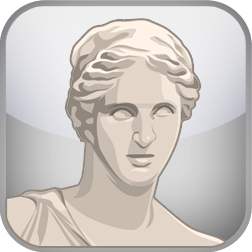You are currently viewing our forum as a guest, which gives you limited access to view most discussions and access our other features. By joining our free community, you will have access to additional post topics, communicate privately with other members (PM), view blogs, respond to polls, upload content, and access many other special features. Registration is fast, simple and absolutely free, so please join our community today! Just click here to register. You should turn your Ad Blocker off for this site or certain features may not work properly. If you have any problems with the registration process or your account login, please contact us by
clicking here.

